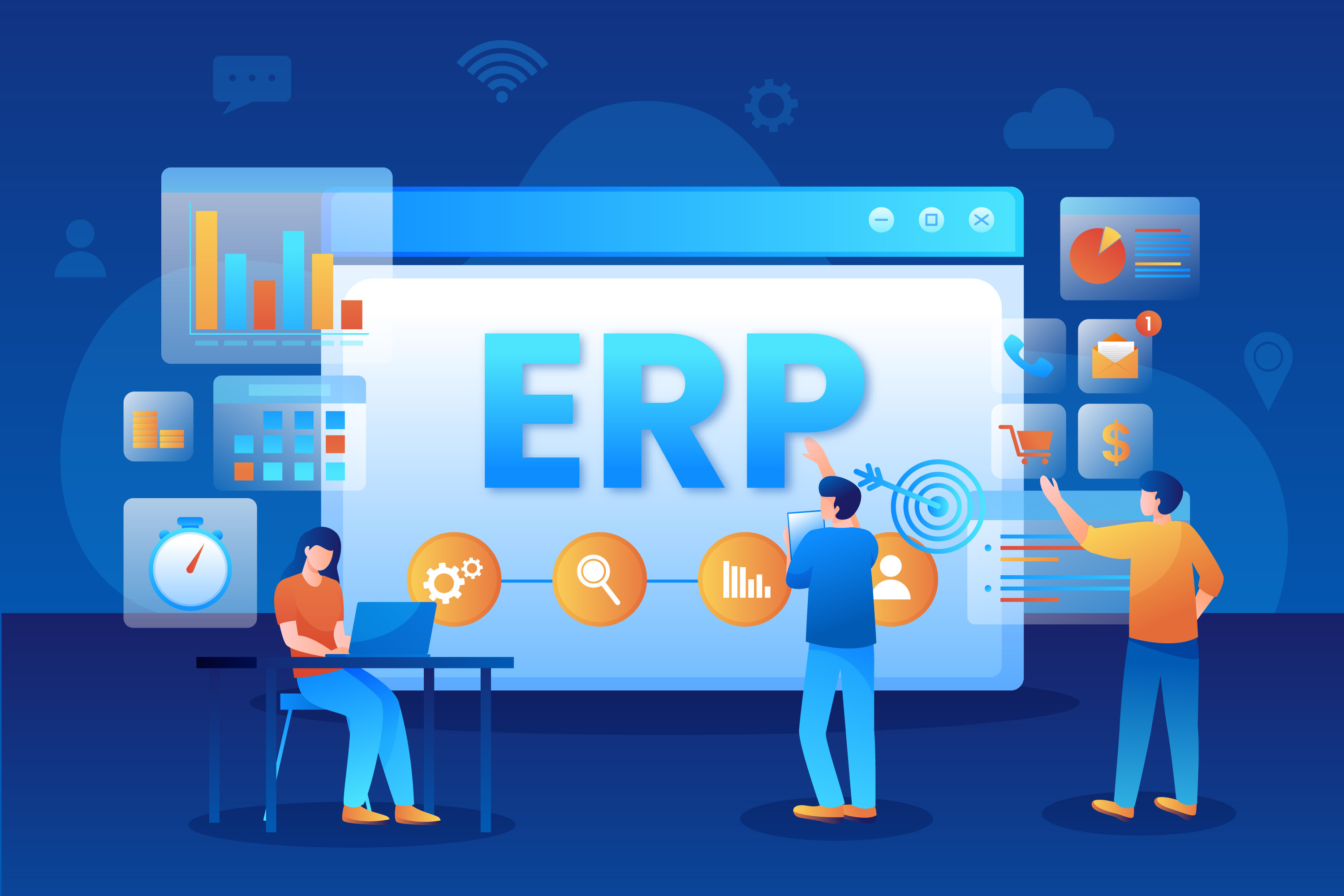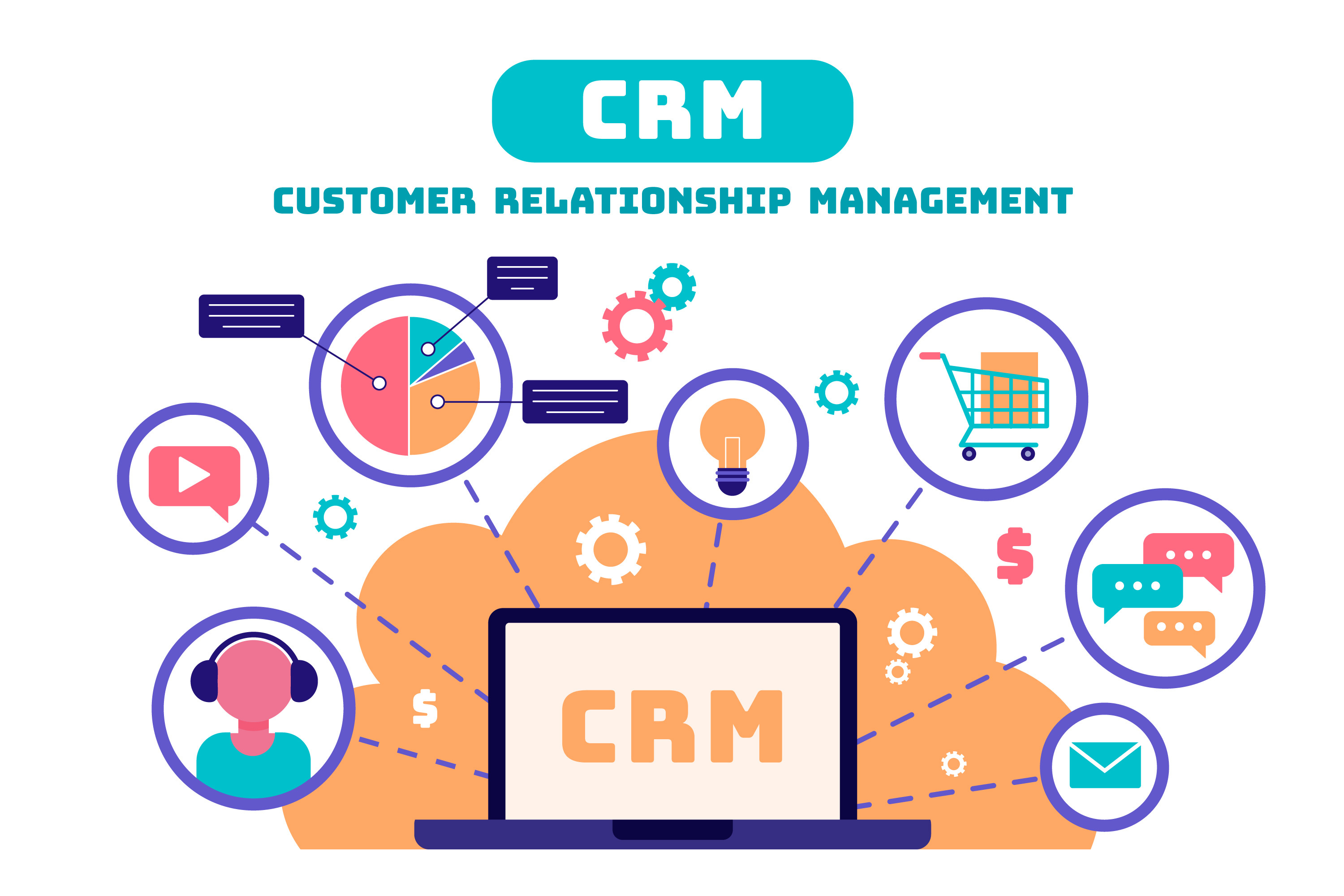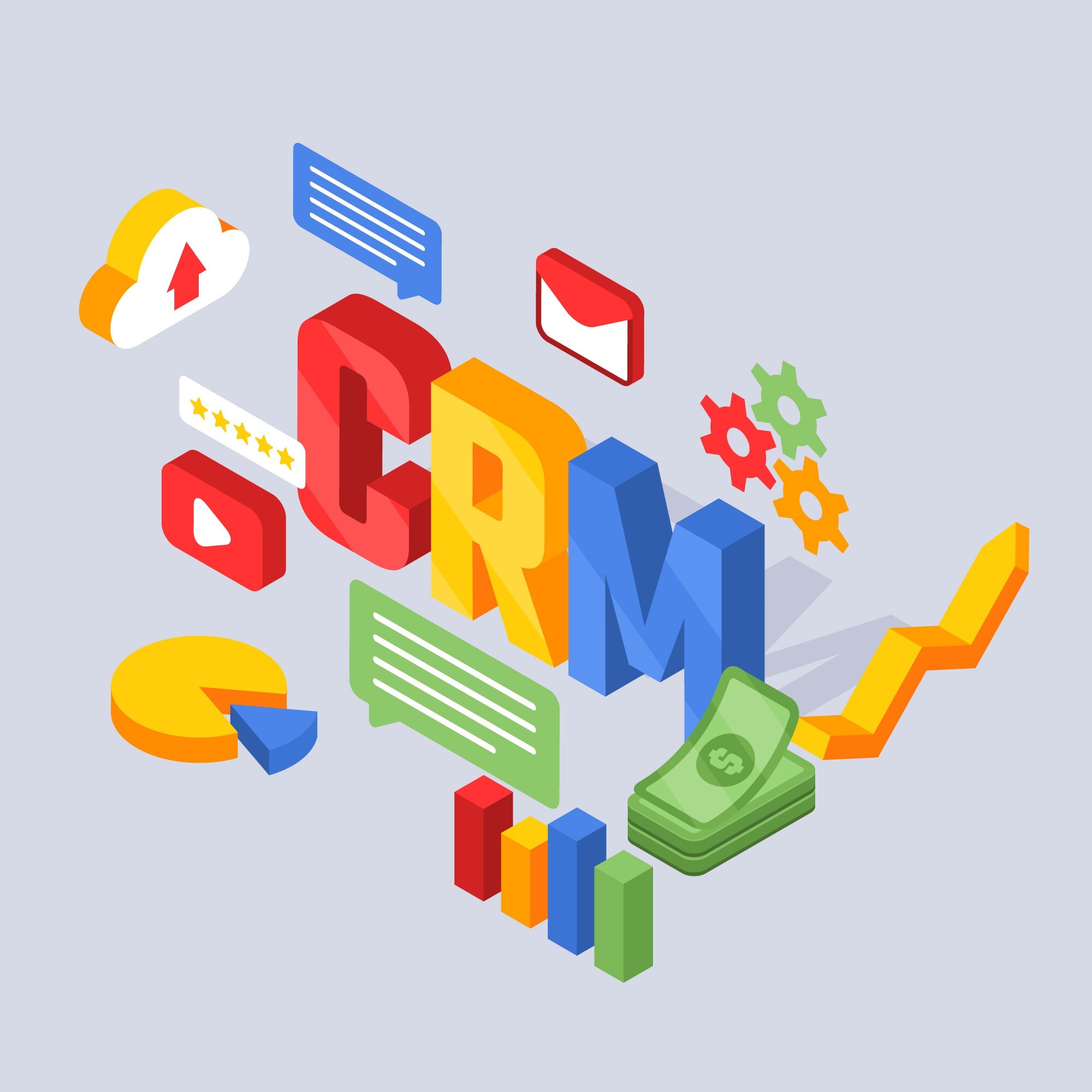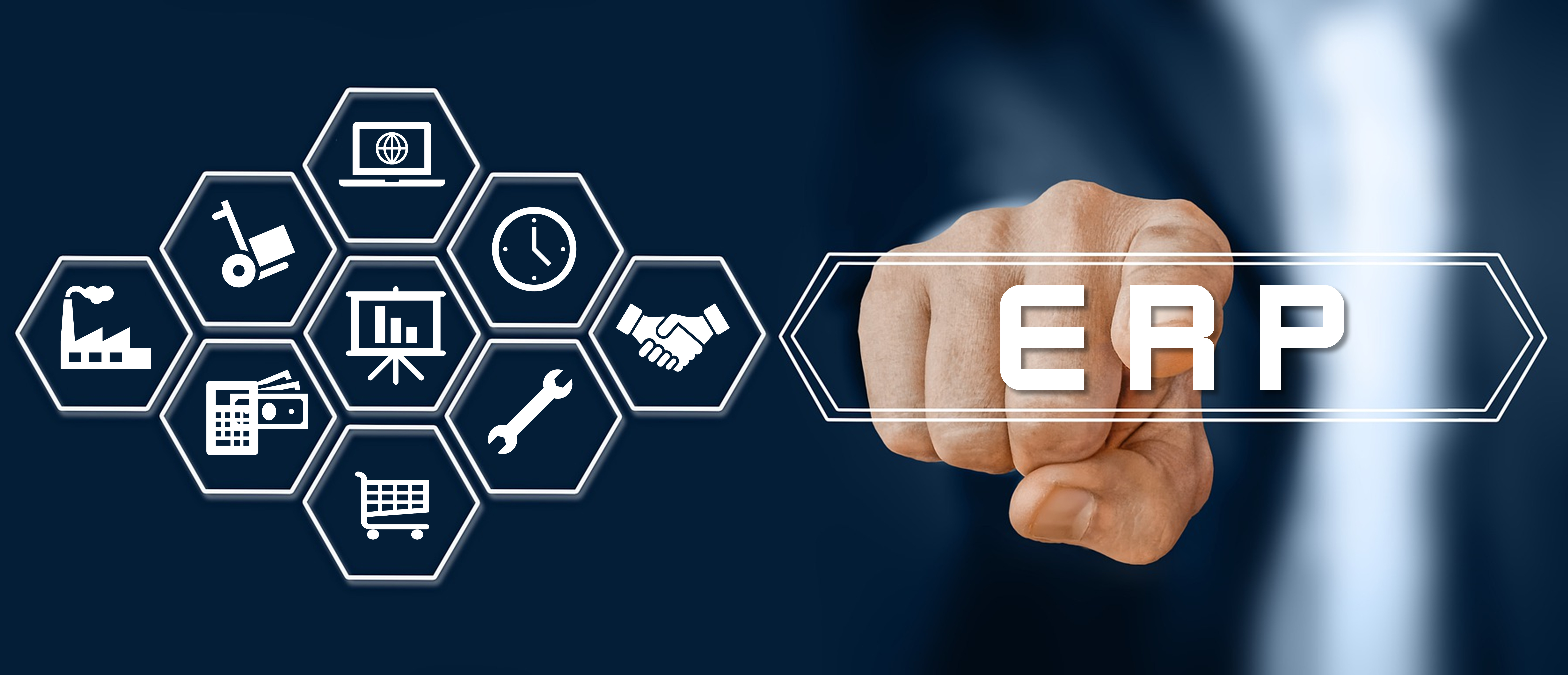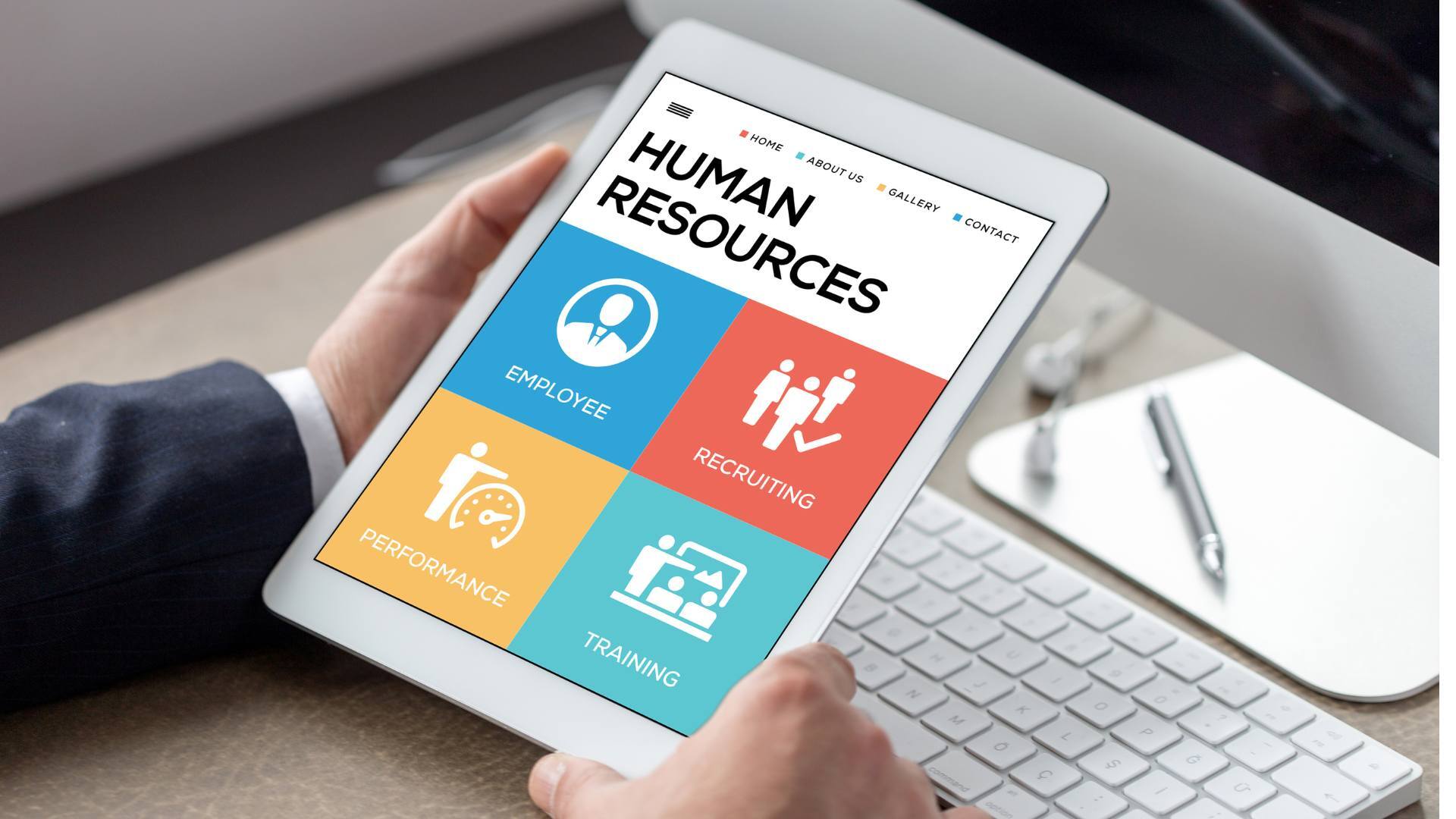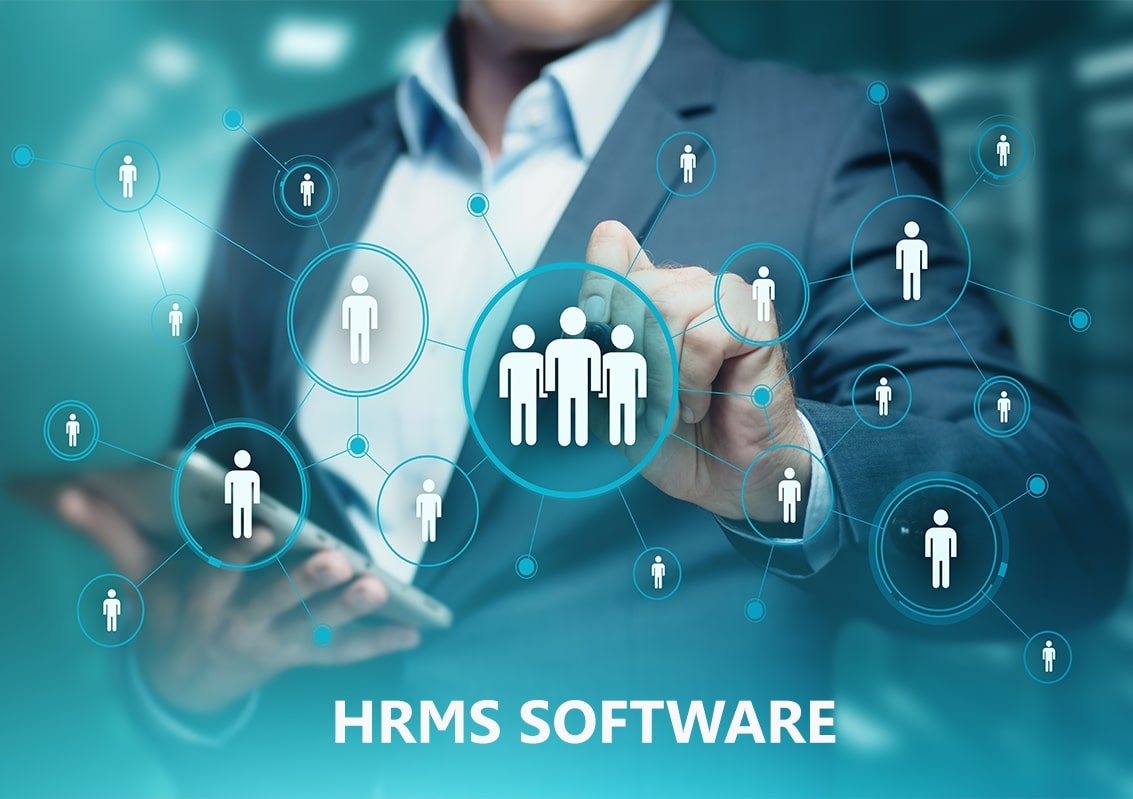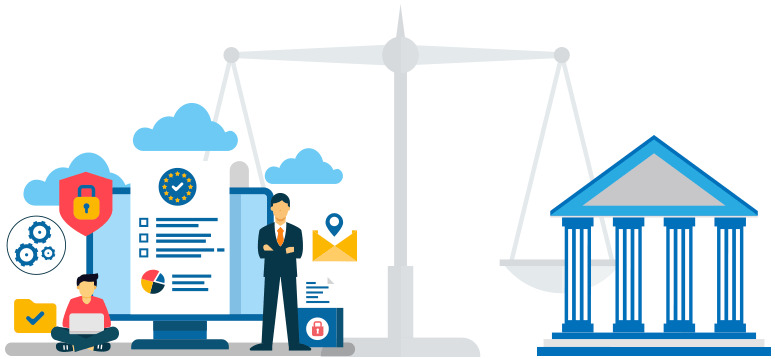The belief that Enterprise Resource Planning (ERP) software is too complex or costly often holds back small and medium enterprises (SMEs) from making wise investments. This article breaks down the myths surrounding ERP and reveals why it should be a key component of an SME’s strategy.
The Perceived Complexity Barrier for SMEs
Many SMEs think ERP software is designed for bigger companies with more resources. This misconception leads them to ignore tools that could simplify their processes. In reality, a well-chosen ERP can be a game changer, helping SMEs streamline operations.
Hidden Costs of Manual Processes
Sticking to manual processes may feel simpler, but hidden costs can quickly add up. These include lost productivity, errors in data entry, and delays in customer response. Investing in ERP can reduce these costs over time, leading to greater efficiency and profitability.
Unlocking Growth Potential with the Right ERP
The right ERP system acts as a foundation for growth. It helps manage various functions, such as finance, inventory, and HR, all in one place. This integration frees up time, enabling SMEs to focus on scaling their businesses.
Myth 1: ERP is Too Expensive for Small Businesses
Cost-Effective ERP Solutions for SMEs
It’s a common belief that ERP software is too pricey. However, many providers offer tailored solutions for budget-conscious SMEs. These cost-effective options come with essential features without breaking the bank.
Return on Investment (ROI) of ERP Systems
An ERP system often leads to a substantial ROI. By reducing manual work and optimizing processes, businesses can see increased sales and decreased operational costs. Many SMEs report a 20-30% improvement in efficiency after implementing ERP.
Exploring Cloud-Based ERP Options and Scalability
Cloud-based ERP solutions present a viable option for cost-sensitive SMEs. These platforms typically have lower upfront costs. Plus, they offer the flexibility to scale as a business grows, ensuring that expenses remain aligned with needs.
Myth 2: ERP is Only for Large Enterprises
Adaptable ERP Solutions Tailored to SME Needs
ERP solutions are not one-size-fits-all. Many companies design systems specifically for SMEs. These adaptable options provide necessary functionalities without unnecessary complexities.
Case Study: Successful ERP Implementation in an SME
Consider a small manufacturing business that implemented an ERP system. After switching, they streamlined their supply chain management and saw a 25% drop in inventory costs. This example illustrates how SMEs can leverage ERP effectively.
Examples of SMEs using ERP effectively
Many small businesses have successfully integrated ERP systems. For instance, a local retailer improved its inventory management, resulting in better product availability and increased customer satisfaction.
Myth 3: Implementing ERP is Too Time-Consuming and Disruptive
Streamlined ERP Implementation Strategies for SMEs
Implementation doesn’t have to be a disruptive experience. There are strategies to streamline the process, including phased rollouts and pilot programs that allow businesses to adapt gradually.
Minimizing Downtime During ERP Transition
To ensure minimal downtime, proper planning is key. Businesses can designate specific times for implementation, keeping operations running smoothly and avoiding interruptions.
Choosing the Right ERP Partner for Seamless Implementation
Selecting the right ERP partner can make a world of difference. A knowledgeable vendor can guide an SME through every step, reducing stress and speeding up the process.
Myth 4: SMEs Lack the Technical Expertise for ERP Management
User-Friendly ERP Systems Designed for Non-Tech Users
Modern ERP systems focus on user experience. Many are designed with straightforward interfaces, allowing employees to navigate easily, regardless of their tech skills.
Importance of Training and Ongoing Support
Training is essential for maximizing ERP effectiveness. Many vendors offer ongoing training and support to ensure users get the most out of the system.
Outsourcing ERP Management for Reduced Burden
If an SME lacks in-house expertise, outsourcing ERP management is a practical solution. This approach allows businesses to benefit from ERP without needing extensive internal knowledge.
Myth 5: ERP Software is Inflexible and Difficult to Customize
Choosing Customizable ERP Solutions
Many ERP systems today are highly customizable. Businesses can select features that align closely with their needs, ensuring the system truly supports their operations.
Integrating ERP with Existing Business Systems
Integration does not have to be complicated. Many ERP solutions offer compatibility with existing software, making it easier to maintain seamless operations.
Adapting ERP to Evolving Business Needs
An effective ERP system grows with a business. Whether an SME is expanding its product line or entering new markets, they can adapt their ERP system to accommodate these changes.
Conclusion: Embracing ERP for Sustainable SME Growth
Investing in ERP software can be a pivotal move for SMEs. It brings numerous benefits, including cost savings, improved efficiency, and enhanced decision-making.
Key Takeaways: Benefits of ERP for SMEs
Cost-effective solutions are available.
- ERP offers high ROI and increased productivity.
- Modern systems are user-friendly and customizable.
Call to Action: Finding the Right ERP Solution
Do not let myths about ERP hold your business back. Explore the options available and find a solution that fits your unique needs.
Resources and Further Reading
For more information on ERP solutions suited for SMEs, consider the following resources:
- Industry reports on ERP trends.
- Case studies of successful SME ERP implementations.
- Reviews and comparisons of available ERP systems.
Investing in ERP is not just for large enterprises anymore; it’s a smart move for SMEs aiming for sustainable growth.
